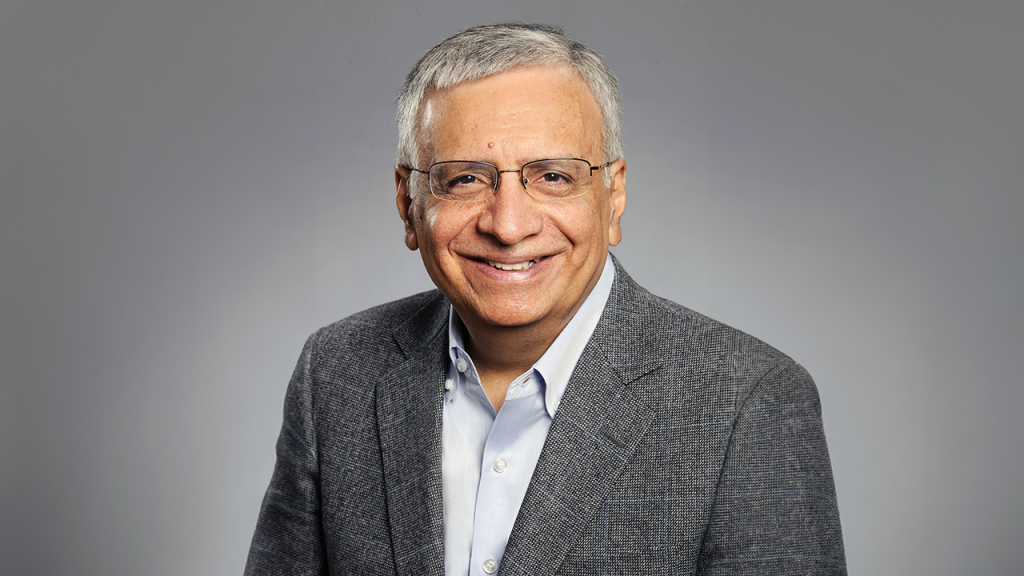
Rafi Ahmed, PhD
Charles Howard Candler Professor of Microbiology and Immunology
Emory University
Dr. Rafi Ahmed is Director of the Emory Vaccine Center at Emory University School of Medicine in Atlanta, GA and a Georgia Research Alliance Eminent Scholar. His research efforts are directed toward: 1. Understanding the mechanisms of immunological memory and using this knowledge to develop new and more effective vaccines. 2. Defining the mechanisms of T cell exhaustion and developing effective immunotherapy for treatment of cancer and chronic viral infections. Dr. Ahmed is a member of the National Academy of Sciences, the National Academy of Medicine, the National Academy of Inventors, and the American Academy of Arts and Sciences.
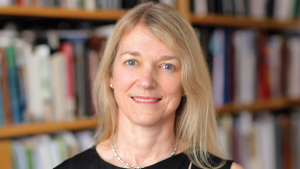
Cori Bargmann, PhD
Torsten N. Wiesel Professor, Genetics and Genomics, Neurosciences and Behavior
Rockefeller University
Cori Bargmann is a neuroscientist and geneticist. She graduated from the University of Georgia and received her Ph.D. from MIT, where she studied the neu/HER2 oncogene with Bob Weinberg. Her work on the neurobiology and genetics of behavior began during a postdoctoral fellowship with Bob Horvitz at MIT. She was a faculty member at the University of California, San Francisco (1991-2004) and is now the Torsten N. Wiesel Professor and Head of the Lulu and Anthony Wang Laboratory of Neural Circuits and Behavior at Rockefeller University (2004-present). Her work has addressed the relationships between genes, circuits, and behaviors in C. elegans, including the basis of odor recognition and odor preference, the circuits and neuromodulatory systems that regulate innate behaviors, and behavioral responses to pathogens. Among other honors, she is a member of the National Academy of Sciences and the National Academy of Medicine, and has received the Kavli Prize in Neuroscience and the Breakthrough Prize in Life Sciences. In 2013-2014, she co-chaired the advisory group to the NIH Director for President Obama’s Brain Initiative. In 2016 she became the first Head of Science at a new philanthropy, the Chan Zuckerberg Initiative, a position she held until 2022.
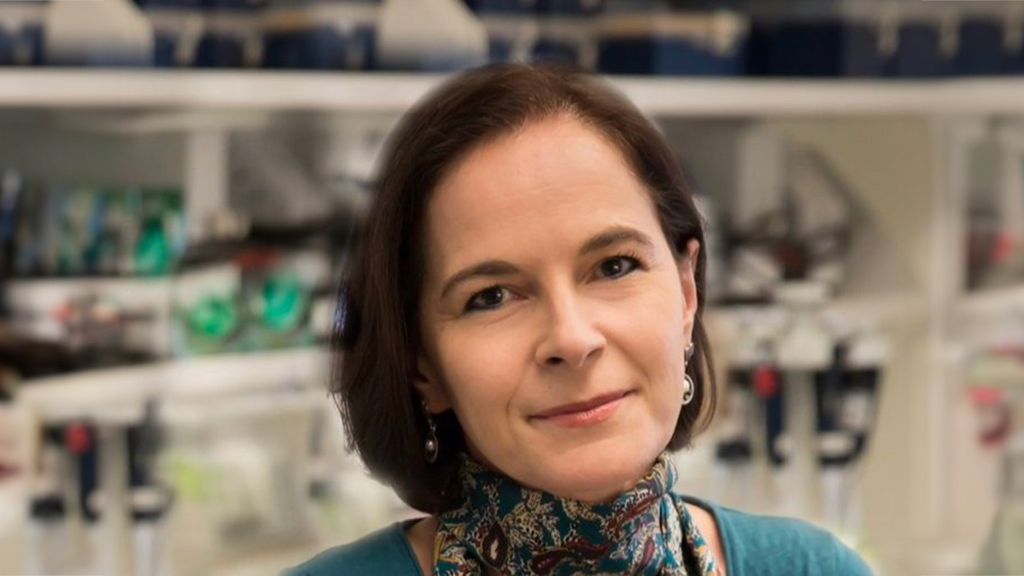
Yasmine Belkaid, PhD
President
Institut Pasteur
Professor Belkaid is an internationally renowned scientist focused on the relationship between microbes and the immune system. Early in her scientific journey, Dr. Belkaid trained in infectious diseases at the Institut Pasteur, and her career has since encompassed a wide variety of fields including parasitology, microbiology, medical entomology and virology, as well as tissue immunity, the microbiome, and human immunology. Her work focuses especially on host-microbe interactions at barrier sites like the skin and the gut, which are important regarding pathogen exposure and inflammatory disorders. She recently served as Director of the National Institutes of Health (NIH) Center for Human Immunology, and founder and Director of the National Institute of Allergy and Infectious Diseases (NIAID) Microbiome Program at NIH (Bethesda, Maryland, United States). Within NIAID, she also developed the Department of Host Immunity and Microbiome. Prof. Belkaid returned to the Institut Pasteur in January 2024 to start her appointment as President.

Anthony Fauci, MD
Distinguished University Professor, Georgetown University School of Medicine, and McCourt School of Public Policy
Anthony S. Fauci, M.D., served as director of the National Institute of Allergy and Infectious Diseases at the National Institutes of Health from 1984 to 2022. Dr. Fauci was a key advisor to seven Presidents on global HIV/AIDS issues, and on preparedness against emerging infectious disease threats. He also served as the Chief Medical Advisor to President Joe Biden. Dr. Fauci was one of the principal architects of the President’s Emergency Plan for AIDS Relief (PEPFAR), which has helped save more than 25 million lives throughout the developing world.
Dr. Fauci is a member of the National Academy of Sciences, the National Academy of Medicine, the American Academy of Arts and Sciences, and many other professional societies. He has received numerous awards including the Presidential Medal of Freedom, the National Medal of Science, and the Mary Woodard Lasker Award for Public Service. He has been awarded 58 honorary doctoral degrees from universities in the United States and throughout the world, and is the author, coauthor, or editor of more than 1,400 scientific publications.
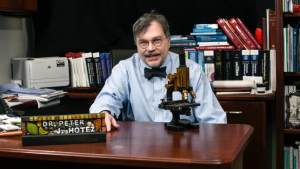
Peter Hotez, MD, PhD
Director, Texas Children’s Hospital Center for Vaccine Development
Texas Children’s Hospital Endowed Chair in Tropical Pediatrics
University Professor of Biology, Baylor College of Medicine
Peter Hotez MD PhD DSc (hon) is Professor of Pediatrics and Molecular Virology & Microbiology at Baylor College of Medicine where he is also Dean of the National School of Tropical Medicine and Co-Director of the Texas Children’s Hospital Center for Vaccine Development. His major interest is in the development of vaccines for neglected diseases of poverty, in addition to coronavirus vaccines. Together with his science co-partner, Dr. Maria Elena Bottazzi they led the development of a low-cost patent-free COVID19 vaccine technology that led to the production and distribution of CORBEVAX (India) and INDOVAC (Indonesia) administered to almost 100 million people to date. For this work they were nominated for the 2022 Nobel Peace Prize. In addition to his vaccine development efforts, Prof. Hotez has led national and global efforts to combat antivaccine activism. This began when he wrote about his daughter with autism and intellectual disabilities and his book with Johns Hopkins University Press, “Vaccines Did Not Cause Rachel’s Autism”. His forthcoming book in 2023 also with JHU Press is entitled, “The Deadly Rise of Antiscience”. Prof. Hotez is the author of more than 650 scientific papers indexed on PubMed and 5 single author books. He is an elected member of the National Academy of Medicine and American Academy of Arts and Sciences, and he has been honored by the AMA and AAMC among other organizations. He previously served as US Science Envoy in the Obama Administration. During the pandemic he appeared regularly on cable news and radio outlets and podcasts to educate the public about COVID-19 and vaccinations.
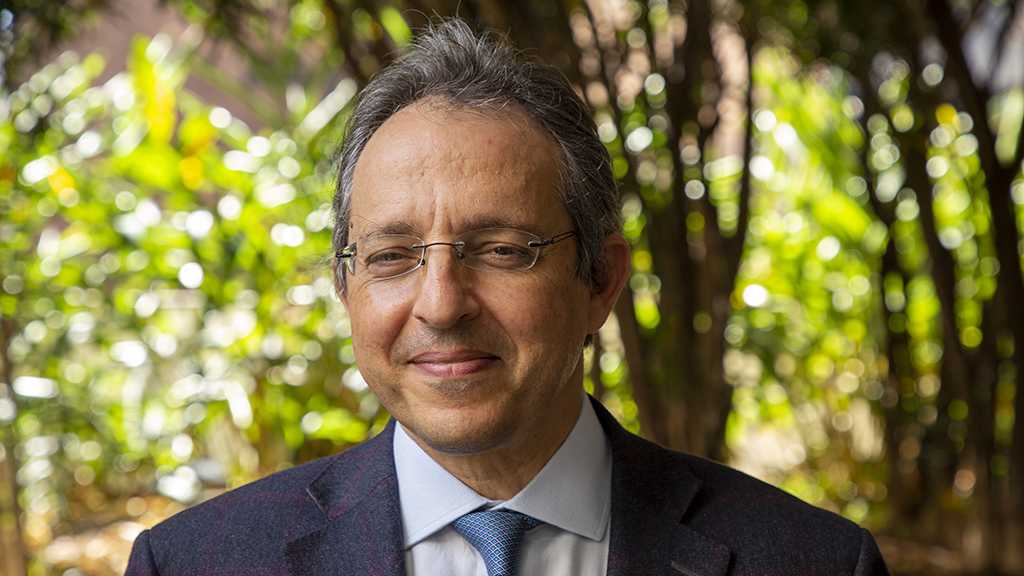
Esper Kallas, MD
Director, Butantan Institute
Full Professor, Department of Infectious and Parasitic Diseases, School of Medicine, University of Sao Paulo, Brazil
Dr. Kallas is the Director of Butantan Institute, located in São Paulo, Brazil, and a Full Professor at the Department of Infectious and Parasitic Diseases, School of Medicine, University of Sao Paulo, Brazil. He took part in several studies on HIV prevention, vaccine development, and treatment, contributed to demonstrating the feasibility of PrEP, and worked to bridge it to clinical practice, adopted worldwide. He is also conducting projects on Dengue fever, Zika, Yellow Fever, Influenza, and Covid-19, with a focus on vaccine and monoclonal antibody discovery and development for prevention. Today, the Butantan Institute, a State of Sao Paulo-funded research, production, education, and cultural entity, is one of the biggest vaccine producers in the world and is devoted to finding solutions to fight global infectious diseases.
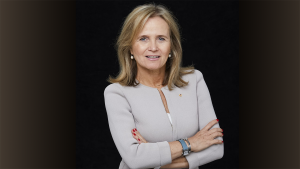
Sharon Lewin, PhD
Director, Peter Doherty Institute for Infection and Immunity
Professor Sharon Lewin is an infectious diseases physician and basic scientist, who is internationally renowned for her research into all aspects of HIV disease and specifically in strategies to achieve an HIV cure. She received her medical degree and PhD from Monash University, Melbourne, Australia and post-doctoral training at Rockefeller University, New York. She is the inaugural Director of the Doherty Institute, a joint venture of the University of Melbourne and Royal Melbourne Hospital and Melbourne Laureate Professor of Medicine at the University of Melbourne, Melbourne, Australia. She is the inaugural director of the Cumming Global Centre for Pandemic Therapeutics, a new centre at the Doherty Institute established by a philanthropic gift of $250 million from Canadian philanthropist Geoff Cumming and $75 million from the Victorian government. She leads Australia’s national research network on pandemic preparedness, called APPRISE, which includes >100 investigators. She heads a laboratory of 25 scientists and clinicians working on basic and translational research and early phase clinical trials. In 2019, She was appointed an Officer of the Order of Australia (AO) in recognition of her distinguished service to medical research, and to education and clinical care, in the field of infectious diseases, particularly HIV and AIDS.
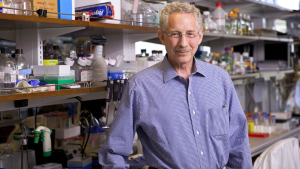
Carl Nathan, MD
R.A. Rees Pritchett Professor
Chairman of the Department of Microbiology and Immunology, Weill Cornell Medicine
Carl Nathan graduated from Harvard College and Harvard Medical School and trained in internal medicine and oncology at Massachusetts General Hospital, the National Cancer Institute and Yale. He began studying host defense and pathogen resistance in medical school and continued after joining the faculty at The Rockefeller University (1977-1986). At Weill Cornell Medicine thereafter, he served as Stanton Griffis Distinguished Professor of Medicine, founding director of the Tri-Institutional MD-PhD Program, inaugural senior associate dean for research, acting dean of the Medical College, dean of the Weill Cornell Graduate School of Medical Sciences, and R. A. Rees Pritchett Professor and chair of the Department of Microbiology and Immunology (1998-present). He chaired the Research Committee of the board of trustees of the Hospital for Special Surgery and served as a member of the scientific advisory boards of the Cambridge Institute for Medical Research, the Global Alliance for TB Drug Development and the Cancer Research Institute, where has been associate scientific director since 1989. He is a governor, trustee and chair of the Tres Cantos Open Lab Foundation and a member of the scientific advisory committee and board of directors of the Rita Allen Foundation. Nathan led the planning team for the Tri-Institutional Therapeutics Discovery Institute, a not-for-profit corporation owned by Memorial Sloan Kettering Cancer Center, The Rockefeller University and Weill Cornell Medicine, and currently chairs its board. He is on the editorial boards of the Journal of Experimental Medicine (co-chair), the Proceedings of the National Academy of Sciences and Science Translational Medicine. He received the Robert Koch Prize and the Sanofi-Institut Pasteur Senior International Scientist Award and has been elected to the American Academy of Microbiology, the American Academy of Arts and Sciences, the National Academy of Medicine and the National Academy of Sciences.
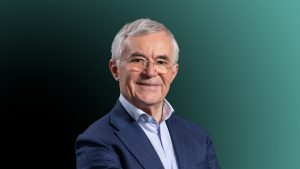
Rino Rappuoli, PhD
Chief Scientist and Head External R&D at GSK Vaccines (Siena, Italy)
Professor of Vaccines Research, Imperial College
Rino Rappuoli is Scientific Director of the Biotecnopolo di Siena Foundation, Italy. He is also Honorary Professor of Vaccinology at Imperial College, London, and Senior Professor of Molecular Biology at the University of Siena. Prior positions held: Head of External R&D and Chief Scientist at GSK Vaccines, head of Vaccine R&D at Novartis, CSO at Chiron Corporation, head R&D at Sclavo.
He earned his PhD in Biological Sciences at the University of Siena, Italy, and was visiting scientist at Rockefeller University and Harvard Medical School.
He is elected member of US National Academy of Sciences (NAS), the American Academy of Arts & Sciences (AAAS), the European Molecular Biology Organization (EMBO), the Royal Society of London, and the Accademia Nazionale dei Lincei. Awards received: Gold Medal by the Italian President, Albert B Sabin Gold Medal, Canada Gairdner International Award, European Inventor Award for Lifetime Achievement, Paul Ehrlich and Ludwig Darmstaedter Prize and the Robert Koch Award. He is President of the International Union of Microbiological Societies. He was nominated third most influential person worldwide in the field of vaccines (Terrapin). He has published 789 works in peer-reviewed journals and an H-index of 154.
He introduced novel scientific concepts: genetic detoxification; cellular microbiology; reverse vaccinology; pangenome. Developed licensed vaccines: acellular pertussis containing a non-toxic mutant of pertussis toxin; first conjugate vaccine against meningococcus C; MF59-adjuvanted seasonal and pandemic influenza MF59 was the first vaccine adjuvant after aluminum salts; meningococcus B; CRM 197 used as carrier in many conjugate vaccines.
Founder of the GSK Vaccines Institute for Global Health (GVGH). Dr. Rappuoli is among the world scientific leaders dedicated to the sustainability of global health.

Herbert “Skip” Virgin, MD, PhD
Herbert W. ‘Skip’ Virgin MD/PhD
Head, AI-Enabled Cures
Gates Foundation Frontiers Accelerator
Professor of Pathology and Immunology (Emeritus)
Washington University School of Medicine
Adjunct Professor of Internal Medicine
UT Southwestern Medical Center
Dr. Virgin’s laboratory has studied the genetics and mechanisms of host immunity and viral immune evasion. His team discovered the role of the human disease susceptibility gene ATG16L1 in intestinal Paneth cells in patients with Crohn’s disease and identified murine norovirus leading the first culture of a norovirus. They found that virus infection can trigger novel disease-like pathologies in mice carrying mutations in human a disease-susceptibility gene. While Chief Scientific Officer at Vir Biotechnology, Dr. Virgin directed a drug discovery program focused on immune approaches to prevention and treatment of severe infectious diseases. They generated the approved monoclonal antibody sotrovimab for treatment of COVID-19. In his new role at the Gates Foundation Frontiers Accelerator, Skip will be leading a team that works to develop novel, AI-enabled approaches to drug discovery for curative interventions to virally induced chronic diseases. He is a member of the National Academy of Sciences, the American Society for Clinical Investigation, the Association of American Physicians and the American Academy of Microbiology. He is a past member of the board of reviewing editors at Science and Cell.